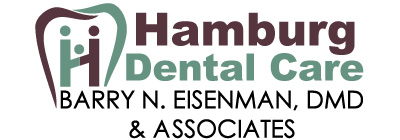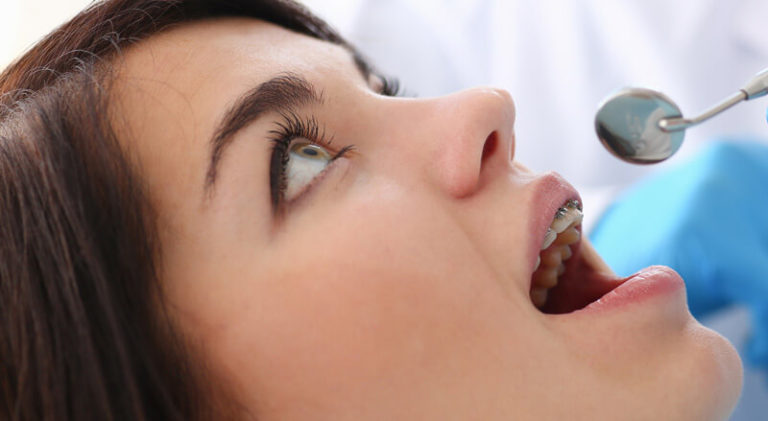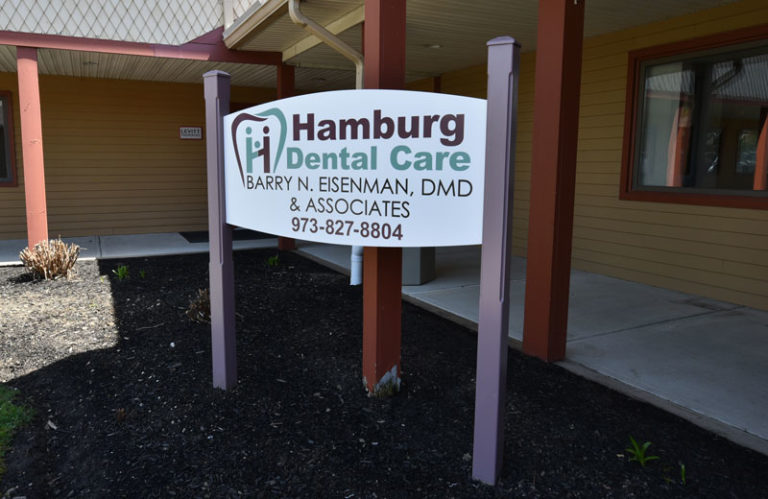As we age, we hopefully gain wisdom. But unfortunately, our teeth only lose minerals and weaken. The encouraging news is we can do many things at every age to keep our teeth strong and healthy.
Here’s how to make your teeth stronger naturally.
What Makes Teeth Weak
Minerals like calcium and phosphate, along with bone and dentin, make up tooth enamel—the outer surface of teeth.
As we age, we lose the minerals, and thus the strength, in our teeth. This process is called demineralization.
Poor diet and bad oral health habits also contribute to demineralization.
The opposite, remineralization, is the process that increases the enamel on your teeth.
Following a tooth-friendly diet will encourage remineralization by reducing the amount of acid and bacteria in your mouth.
Good oral hygiene also plays a major role in keeping teeth strong.
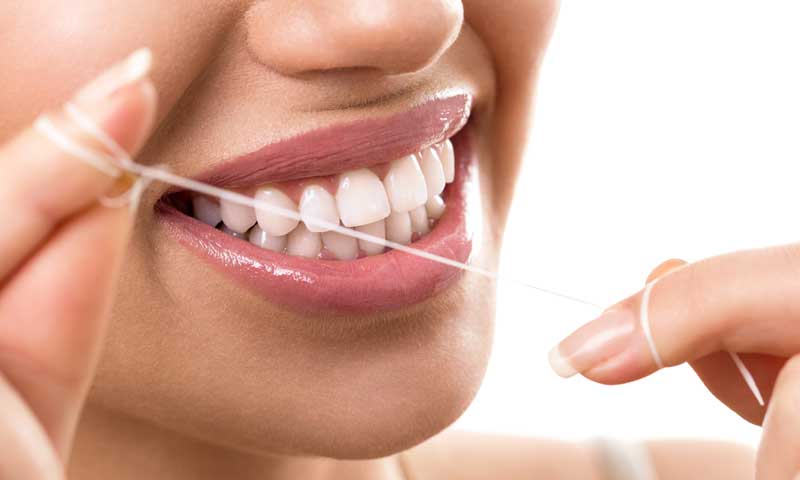
The Importance of Oral Hygiene
Good oral hygiene keeps teeth strong by removing any acid or bacteria in your mouth—the causes of demineralization.
Brush Your Teeth in the Morning and at Night
The best times to brush your teeth are when you first get up in the morning and just before you go to bed at night.
There are Times When you Shouldn’t Brush
Don’t brush after eating acidic foods. These foods temporarily weaken tooth enamel, making immediate brushing potentially harmful. Instead, wait at least one hour before brushing.
Don’t Forget to Floss
Floss every night at bedtime, before brushing.
This will remove stubborn food debris and plaque caught between teeth.
Be Gentle
Never scrub your teeth. A gentle brushing is much better and won’t weaken tooth enamel. A soft toothbrush t will be gentle on your teeth and gums, as well.
Use A Tooth-Strengthening Toothpaste
The American Dental Association recommends the use of fluoride toothpastes to keep teeth healthy.
Fluoride is a mineral naturally found in foods and water.
It works with the calcium and phosphates in your teeth to remineralize the enamel.
Don’t Forget to Clean Your Tongue
Gently brush your tongue with your toothbrush during your normal toothbrushing time. Spit out any saliva that appears and rinse out your toothbrush afterward.
Here’s a comprehensive guide to great oral care.

Enjoy a Natural Teeth Strengthening Diet
A healthful diet for strong teeth is simply a balanced diet low in acidic foods, starches, and refined sugars.
Acids weaken tooth enamel, and sugary and starchy foods lead to bacteria and acid formation in the mouth.
So those are all to be avoided.
But let’s start with foods that strengthen and rebuild tooth enamel.
Eat foods containing:
- Vitamin A—in cantaloupe and carrots
- Phosphorus—in meats, poultry, fish, and eggs
- Vitamin D—from supplements and naturally from the sun, fatty fish, and eggs
- Calcium—in leafy greens, almonds, dairy
You can also enjoy:
- Veggies and fruits to help keep teeth clean—including celery
- Nuts for minerals and to stimulate saliva production
Learn About Probiotics
Take probiotics that are known to be specifically helpful with oral health and remineralization.
Make Sure Your Body Absorbs Nutrients
Some medications, stress, and eating certain processed foods can hurt absorption levels.
Adjust your diet so minerals and vitamins can be best absorbed.
Include:
- Healthy fats
- Foods rich in probiotics, such as sauerkraut, pickles, and yogurt
- A probiotic supplement
Read more about the top foods for oral health.

Avoid These Foods and Drinks
Acidic Fruits
Citrus fruits are important for your diet, but they’re also high in sugars and acids.
The two worst culprits are oranges and grapefruits.
The acids from these fruits can start calcium chelation. During this process, acids bind to calcium—a key necessity for strong enamel— and strip it away.
It’s okay to eat acidic fruits occasionally, but don’t do it every day.
Carbs and Starchy Foods
You may love to eat carbs, but carbs don’t love your teeth.
Carb-containing foods cause bacteria to develop in mouth. These bacteria produce acid which weakens tooth enamel.
Avoid these starchy foods:
- Rice
- Bread
- Potatoes
Sugar-Containing Foods and Drinks
Sugar may be sweet, but it’s not your friend. Not only does sugar create acid in your mouth, but it also contributes to heart disease and diabetes.
Check out these great ways to reduce the sugar in your diet.
Fruit Juices
Fruit juices offer the worst of both worlds for your teeth. They not only contain acids, but they contain lots of sugar.
Like acidic fruits, fruit juices cause enamel-destroying calcium chelation.
Enjoy them in moderation.
Coffee and Tea
Avoid coffee and tea. They can be acidic.
More Tips for Strong Teeth
Say “Yes” to Water
Now, water truly loves you. It’s great for your mouth, quenches thirst, and flushes harmful substances from your body.
It also has no calories!
After you eat an acidic or sugary food, simply rinsing your mouth out with water can reduce demineralization.
Treat Dry Mouth
Dry mouth is a condition that reduces the amount of saliva in your mouth.
Saliva is important. It prevents tooth decay and helps remineralize your teeth.
Your dentist can recommend mouth rinses or sugarless chewing gums to treat this problem.
Chew Gum
Chewing sugarless gum increases the production of saliva to aid remineralization.
You can also chew gum after a meal to dilute acids in the mouth or remove sugar, carbs, and plaque from teeth.
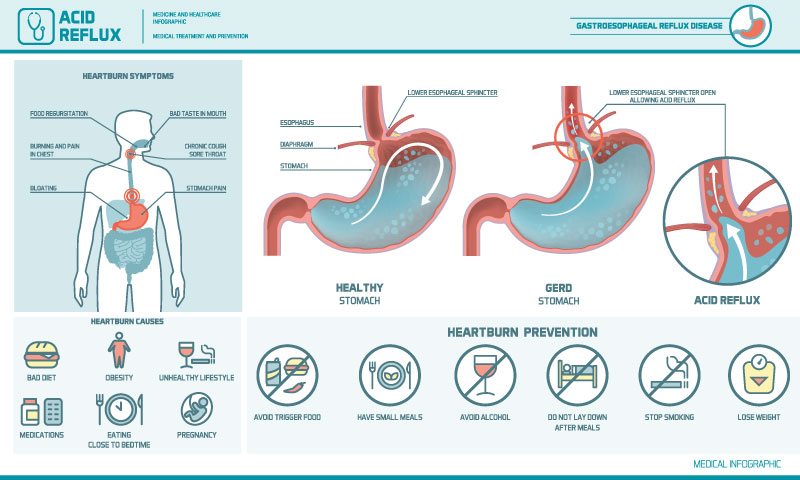
Treat Acid Reflux
Acid reflux can be very damaging to teeth.
It brings acid up into the mouth, damaging tooth enamel.
If you have acid reflux, avoid:
- Highly spiced foods
- Citrus fruits
- Sodas
- Alcohol
- Fried foods
See Your Dentist about Teeth Grinding (Bruxism)
You may grind your teeth subconsciously when awake or asleep. This damages teeth and tooth enamel.
Bruxism is often caused by stress, anxiety, or in response to taking certain medications.
Signs of teeth grinding include:
- Jaw or facial pain
- Unexplained headaches
- Changes to bite alignment
A bite guard obtained from your dentist will reduce problems from nighttime teeth grinding.
Visit Your Dentist
Keep your teeth healthy with regular dental checkups. At Hamburg Dental Care, we specialize in pain-free dentistry. Contact us for an appointment.
You may also be interested in reading about:
